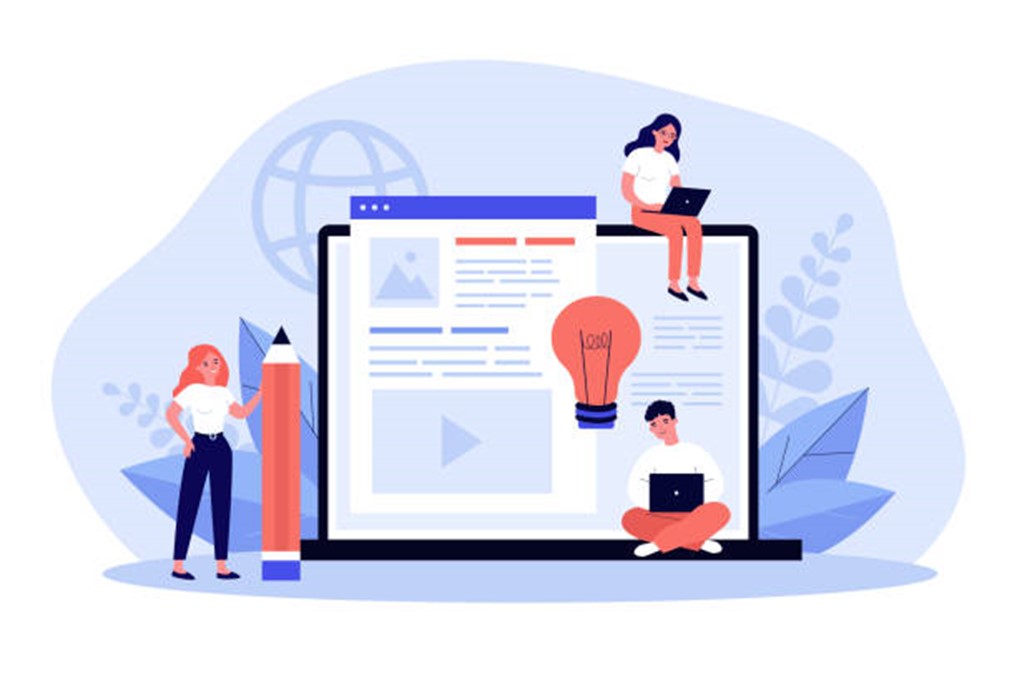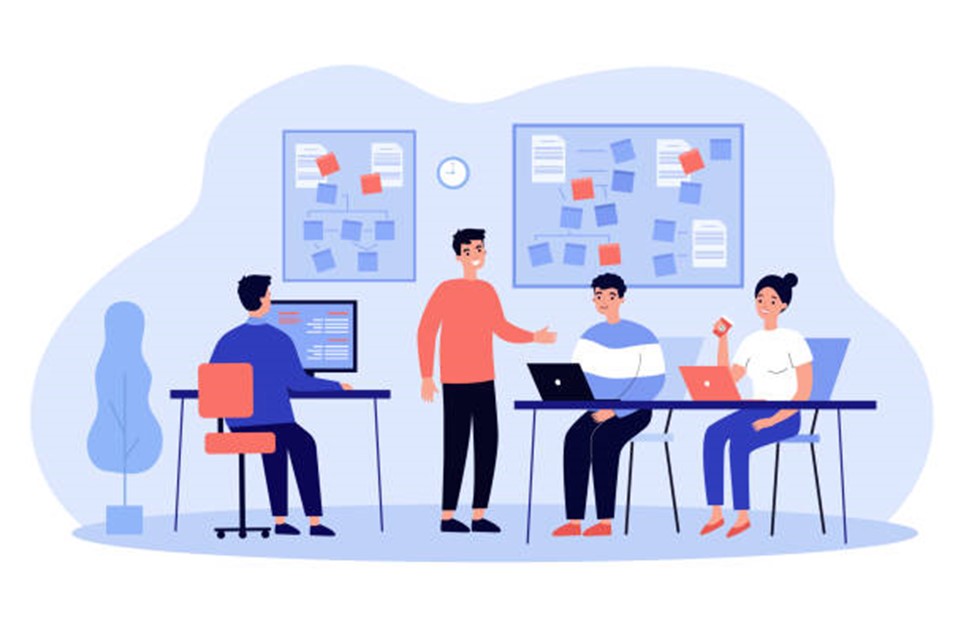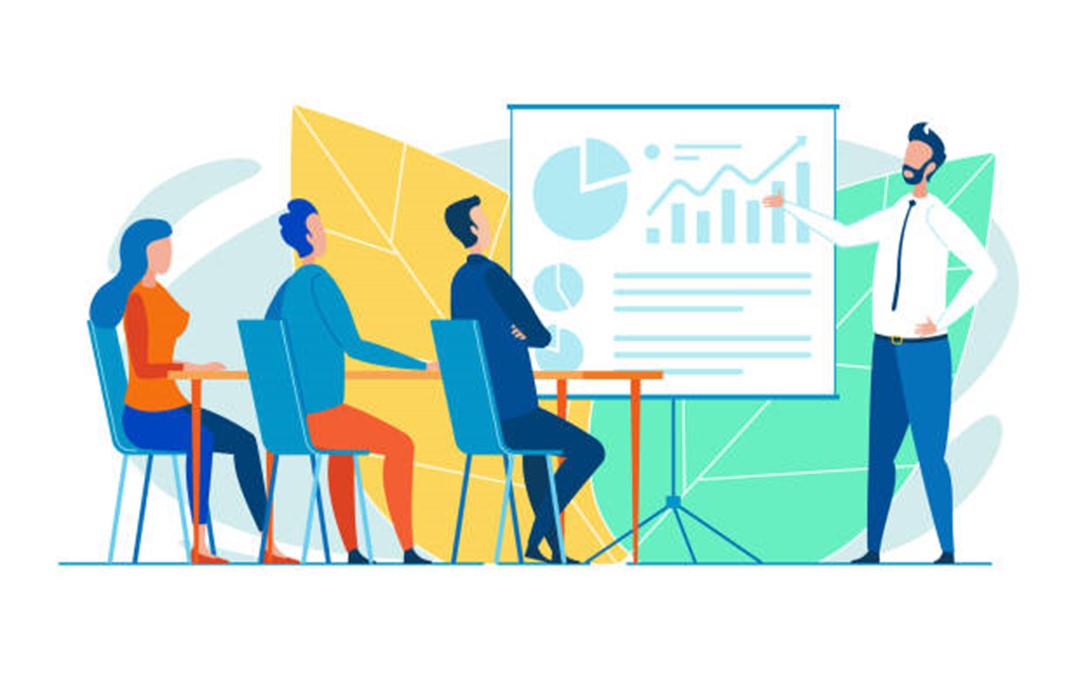Technical Communication Courses
Developing technical communication skills is crucial for students pursuing majors in science and engineering as it plays a significant role in their professional success. To address this need, we offer a comprehensive technical communication program that spans three semesters during the specialized education period. This program is designed to meet the requirements of students in both the School of Agriculture and the School of Engineering, providing them with the necessary abilities to write clear and impactful scientific papers, and deliver effective oral and poster presentations.

[KIKAN Education] → [Specialized Education] → [Graduate Research]
Technical Communication 1 (Nomura and Ton)

The Technical Communication 1 class is composed of two parts.
The first half focuses on the basic techniques for scholarly communication, such as reading, thinking, presenting, and reporting with a critical mind. The course covers instructions on using a library database and reference management software. In the presentation and paper, students can explore the topic they would like to deepen their understanding of the field they are interested in studying further or exploring in their specialized field.
In the second part of this course, students will learn how to prepare a poster and engage in a poster presentation. They will acquire and improve proficiency in typing mathematical expressions and gain proficiency in utilizing advanced plotting techniques. They will also develop skills in preparing and presenting conference posters.
Technical Communication 2 (Lim)

Moving on in this second course of Technical Communication, students take on the essential question underlying scientific writing: how to effectively communicate a point in writing. To answer this question, they are given the building blocks of technical communication, which include paragraph type, noun phrase ordering, and emphatic use of vocabulary. Above all, students are invited to consider what constitutes a point and what does not –in the age of AI-assisted text generation. This consideration is particularly relevant as it helps them to understand the limitations of many such pre-existing tools from a learning standpoint.
Technical Communication 3 (Robertson/ Ogino and Drummond)

In this course, students are separated by the schools and taught by professors from their school.
Engineering Programs
Success in the international marketplace requires top oral presentation skills, whether making important contacts, successfully pitching your ideas, or clinching that dream job. In this part of the course, Engineering students will learn how to optimize their preparation, seize the attention of their audiences, communicate complex concepts, and maximize their impact. Students who gain an S grade on this course can be confident of going anywhere in the world and making a successful impression.
Bioresource and Bioenvironment Program
This course has two parts, which build on the skills acquired in Technical Communication 1 and 2. It focuses on the requirements of communication in life science-related fields. In the first part, students will learn how to structure a scientific paper and the specific function of each section. In the second part, they will learn about the importance of scientific presentations and the differences in the graphics, words, and structure required by a scientific presentation compared to a written paper. The course ends with a formal mini-symposium where students make their final presentations and answer questions from the audience.

